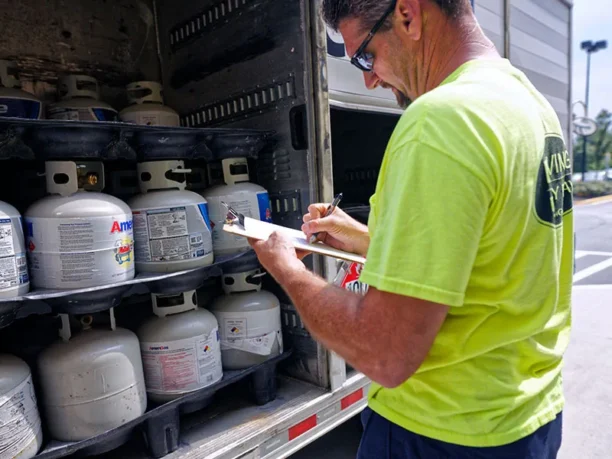Losing Commercial Clients? Here’s What to Check First

When your propane business starts seeing a dip in commercial sales, the reaction can range from mild concern to full-on panic. But before you change pricing or chase new markets, it’s worth stepping back to ask one key question: Where exactly is the breakdown happening? Diagnosing a decline in commercial sales takes more than looking at the numbers. You need to understand what those numbers are telling you.
Commercial accounts are often the backbone of long-term propane revenue. When those relationships start to fade, it’s not just a lost sale – it’s usually a sign of a deeper issue that needs a clear and focused review.
Start With Your Sales Pipeline
If your sales are down, your pipeline is the first place to check. Are you bringing in fewer leads than usual, or are leads coming in but not closing? A dry pipeline might mean your outreach has slowed down. Maybe you’ve lost a key salesperson, or your message isn’t connecting with the right industries.
On the other hand, if the leads are coming in but deals aren’t closing, you’re dealing with a different problem – either your pricing isn’t competitive, trust hasn’t been built, or someone else is meeting your potential clients’ needs faster than you are.
Look at Customer Contact Rates
Check how often your team follows up with potential or past commercial clients. Are they checking in regularly or waiting too long to respond? Things can slip through the cracks if your follow-up system relies too heavily on memory instead of process. Commercial buyers expect regular, professional communication – especially regarding something as critical as their energy supply and service.
Evaluate how your Customer Relationship Management (CRM) is being used. If updates are sparse or the same clients are being contacted repeatedly without progress, it may be time to retrain your team or refine your tools.
Evaluate Your Offer and Value
Sometimes, sales decline not because your team is doing less but because what you’re offering isn’t as attractive as it used to be. Look at your commercial pricing model, delivery reliability, and service features. Are they still competitive? Have newer competitors introduced better terms, faster installs, or extra perks?
Your commercial clients don’t always tell you when they start comparing vendors. They often just stop ordering. If your value package hasn’t changed in a few years, your customers might assume your business hasn’t changed either.
Check Sales Team Alignment
Salespeople succeed when they understand precisely what you expect of them and what tools they should use. Are your sales representatives focused on the right types of commercial clients? Are they clear about which services are most profitable for the business?
When performance dips, it’s easy to blame the reps – but poor performance can come from poor clarity. Revisit your sales goals, talk to your team, and make sure your targets match the market needs.
Understand Sales Cycle Timing
Not all sales timelines are the same. If your propane business serves commercial clients in farming, hospitality, or construction, your timing may be out of sync. You may think sales are slow when you’re just misaligned with seasonal buying decisions.
Review past data to understand your sales rhythm. Are you expecting deals to close in March when most customers don’t make decisions until June? A good diagnosis separates true sales issues from timing patterns.
How This Sharpens Your Business Strategy
By diagnosing a dip in commercial sales with a straightforward, step-by-step process, you do more than fix short-term problems – you build a long-term strategy. You learn which parts of your sales process are working and which need support. This helps you spend time and money where they’ll make the most significant difference.
Keeping Commercial Sales Strong Year After Year
When you understand why your commercial sales have dropped, you can fix the cause – not just the symptoms. You also strengthen your business against future slowdowns. Whether it’s tightening your pipeline, sharpening your offer, or retraining your team, working to implement necessary improvements will do much to help your propane business move forward with strength and solid growth.














